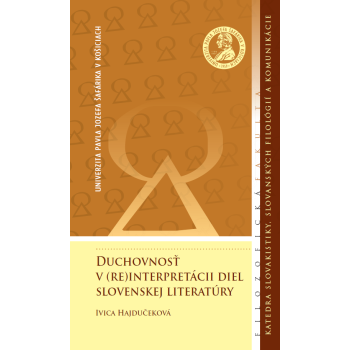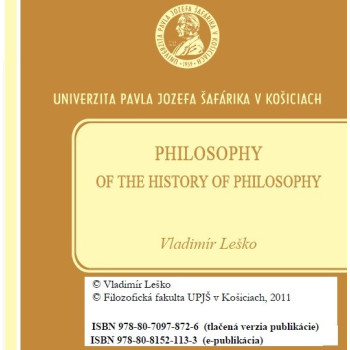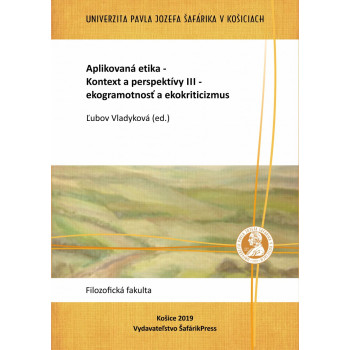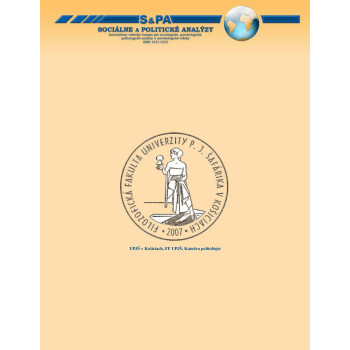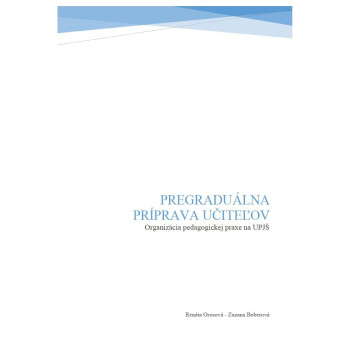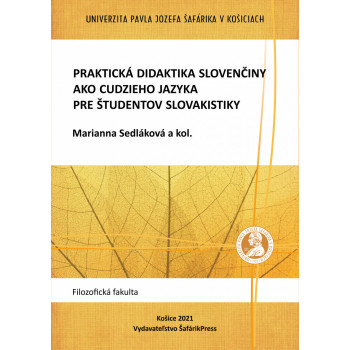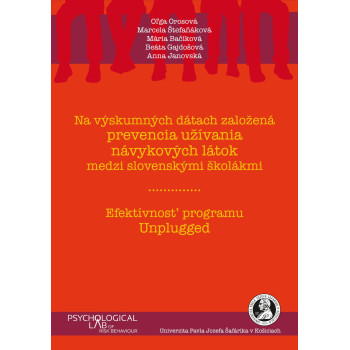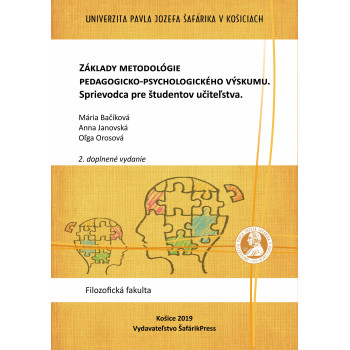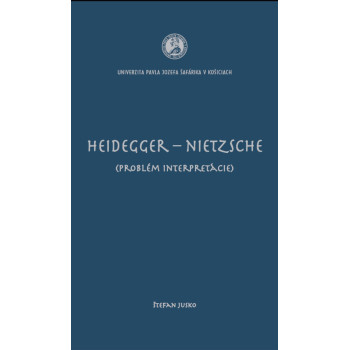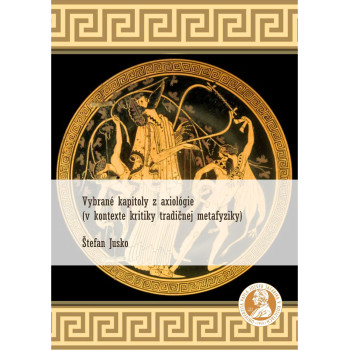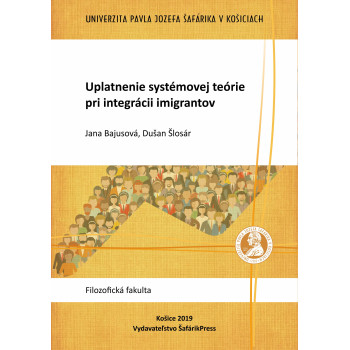
Comparative Phonetics and Phonology of the...
E-book
The book is primary designed for the first-year students of the study programme “English Language for European Institutions and Economy” and its subject “Comparative Phonetics and Phonology”. Following the structure of this subject, the textbook is divided into eleven chapters whose content provides the reader with the essential theoretical information about the given issue from the sound subsystems of the English and the Slovak languages. The structure of each chapter is as follows: (1) theoretical explanation of the topic, (2) Suggestions for further reading recommending additional sources that develop the topic, (3) exercises whose aim is to evaluate students’ theoretical knowledge of the theme presented in the particular chapter, as well as its practical application in the process of communication. Considering the content of the book, it can be also used a study material for the students of all philological study programmes whose content encompasses the sound system of the English and/or the Slovak language.




